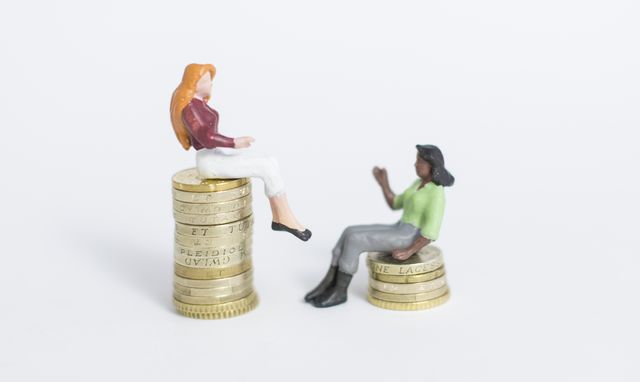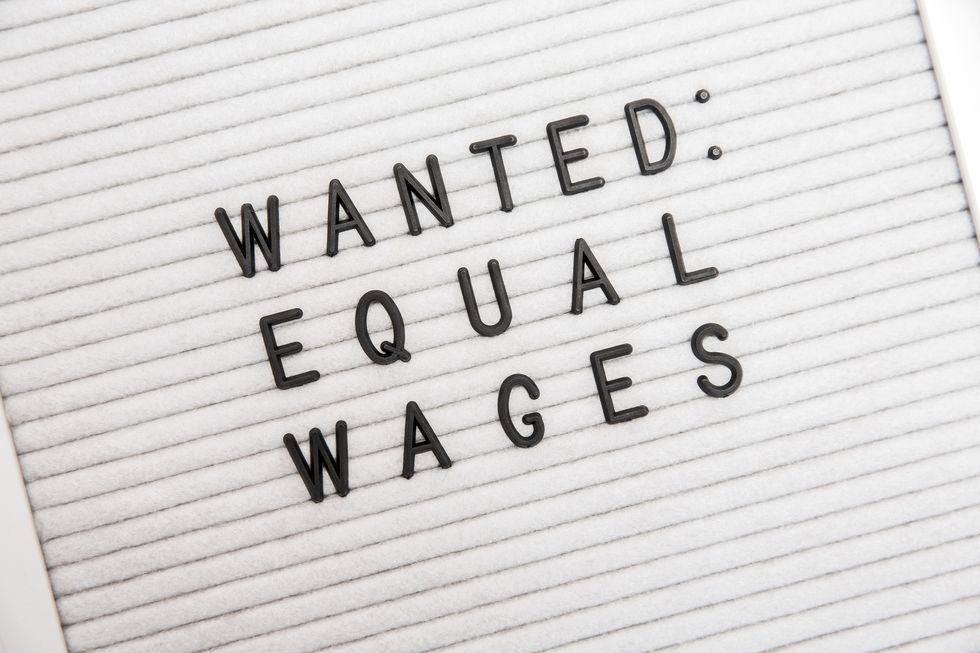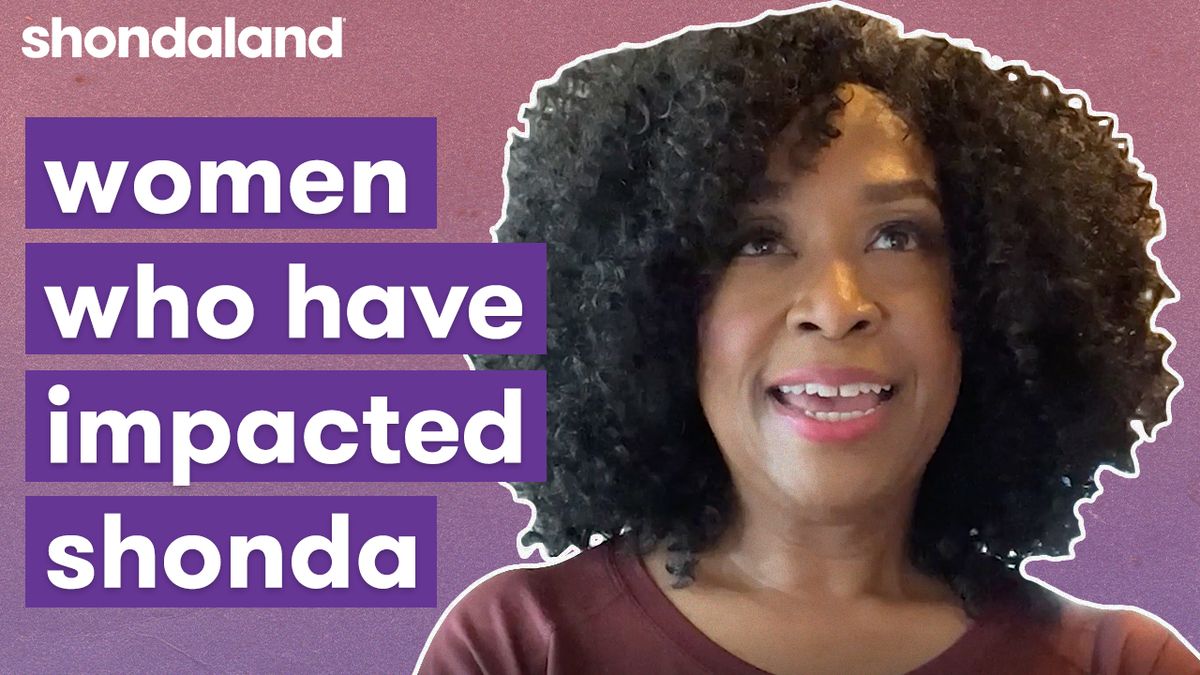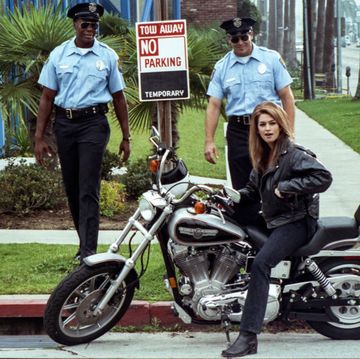It's that time of the year again. Nope, it's not our favorite holiday or an occasion to gather with friends and family over the grill for an epic weekend cookout. Instead, August 22, 2019 is Black Women's Equal Pay Day, a time when we acknowledge that black women in America have to work nearly twice as long just to earn as much as their white male counterparts.
While the gender wage gap has been discussed for years, according to new research, we've got a long way to go before the problem is solved. In a new report from LeanIn.org and SurveyMonkey, more than a third of Americans have no clue black women make 39 percent less than white men — and more than half don't realize black women earn 21 percent less than white women — for the same kind of work. And for those who do know a disparity exists, around 42 percent vastly underestimate the amount of the gap.
The persistent pay gap is only one part of the story, however. According to LeanIn.Org and McKinsey & Company’s Women in the Workplace research, which is the largest comprehensive study of the state of women in corporate America, black women are less likely to be promoted, make it to senior leadership positions, or receive mentorship and support than their white counterparts. All this adds up to earning less and working in spaces that can sometimes feel anything but welcoming.
But knowing about the lower pay and difficult working environments black women face is one thing — doing something about it is quite another. Because more than 80 percent of black mothers are either the primary or sole breadwinners for their households, reaching pay parity would make a huge difference in their lives. In fact, if the wage gap were closed today, "the average black woman would earn almost $870,000 more in the course of her career," according to LeanIn.org's new report. They'd also be able to buy more than three years of groceries with the extra annual income they'd receive.
So how do we get there? Aside from lobbying your local and federal representatives to fix the problem in your state (because each one has its own unique pay gap), you can support groups like Lean In, TIME'S UP, and the American Association of University Women, who are working to end workplace inequality. Because as Lilly Ledbetter once said, "Unequal pay hurts women. It hurts their families. And it hurts us all."
Get Shondaland directly in your inbox: SUBSCRIBE TODAY














